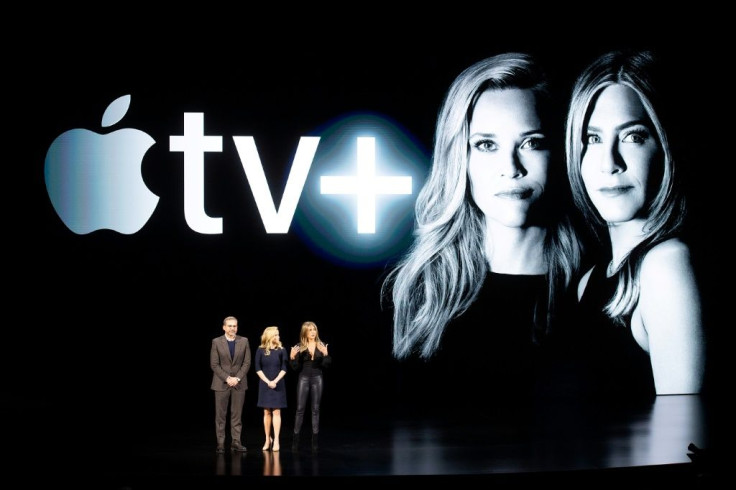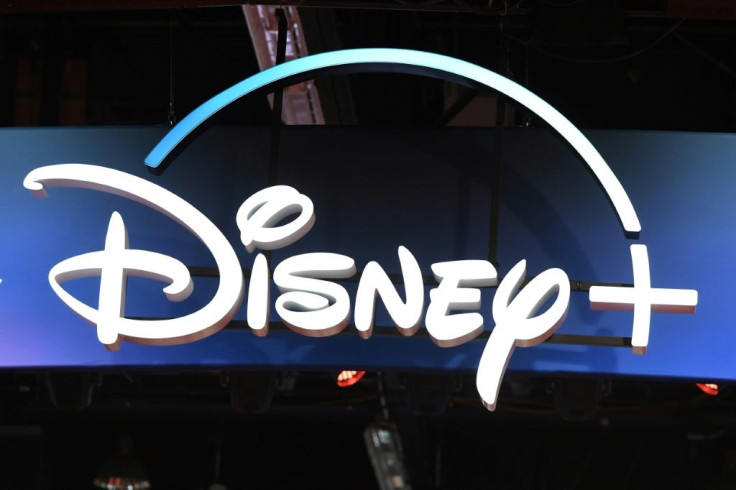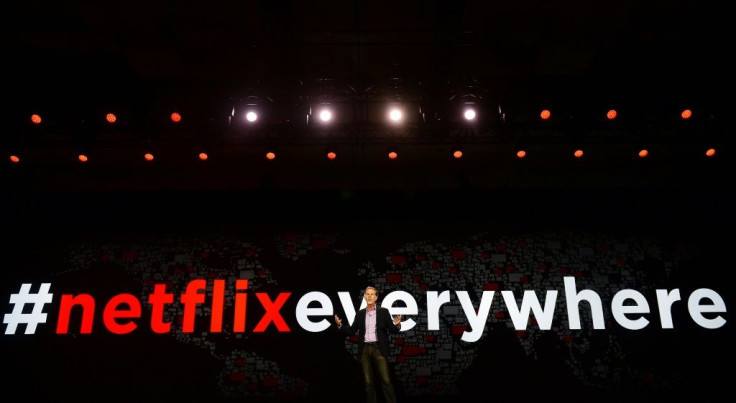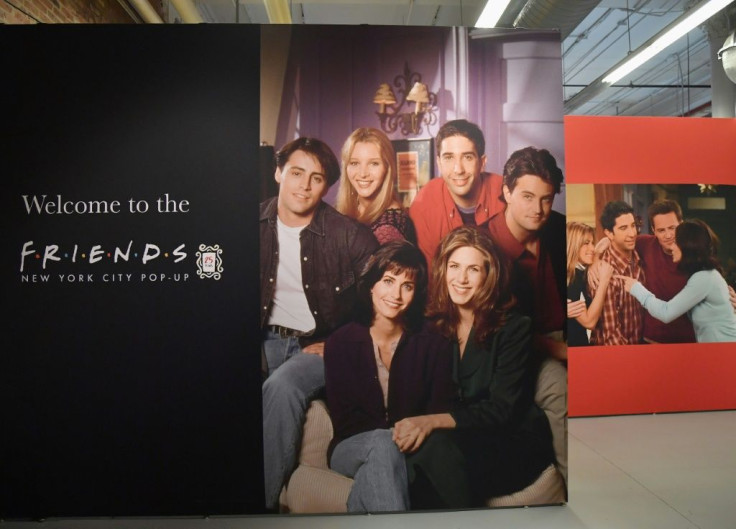Streaming TV War Kicks Into Gear With Apple, Disney Launches

The streaming television war is set to enter a new phase as titans Apple and Disney take direct aim at market leader Netflix, vying for consumers abandoning their cable TV bundles for on-demand services.
The shift away from "linear" television is likely to escalate with powerful new entrants to streaming coming this year and in early 2020.
The new landscape has important implications for longtime segment leader Netflix, which is now locked in a battle with deep-pocketed rivals for actors, directors and producers to win and keep audiences.
"The Cinderella ride that Netflix has been on has some stormy weather ahead," said Wedbush Securities equity research managing director Daniel Ives.
"You are talking about some of the biggest brands in technology involved in this battle."
An Apple TV+ service will launch November 1 in more than 100 countries at $4.99 per month. Apple is spending heavily on new content and promises a "powerful and inspiring lineup of original shows, movies and documentaries."
Entertainment colossus Disney will launch its own online streaming service, chock full of popular franchises such as "Star Wars" and Marvel superheroes, on November 12 in the US, Canada and the Netherlands, before rolling out worldwide.

And more competition looms on the horizon, as AT&T's WarnerMedia will launch its "HBO Max" in early 2020 after reclaiming the rights from Netflix to stream its popular television comedy "Friends."
NBCUniversal's Peacock service is also launching next year.
Disney chief executive Bob Iger told investors on a recent earnings call that "nothing is more important to us" than the Disney+ platform.

As well as offering Disney's enormous back catalog, including all animated films and Pixar movies within its first year, it will feature freshly commissioned shows. It will cost $6.99 a month in the US.
Spotlighting originality
Netflix, which began streaming television to subscribers online some 12 years ago, has so far stayed ahead of Amazon Prime and Hulu, key rivals in the US market.
Netflix chief executive Reed Hastings said he is unfazed by the new rivals.
"Disney will be a great competitor," he told analysts recently. "Apple is just beginning but, you know, they will probably have some great shows too."

The budget for original shows at Netflix this year is $15 billion, and the California-based company this week announced plans to issue $2 billion in notes to have more cash for uses including creating and acquiring content.
Ives said Netflix remains the leader until proven otherwise.
"Netflix is on the top of the mountain and will continue to be the leader, but there are legitimate opportunities for number two and number three players with Apple, HBO, and Amazon in the running," the analyst wrote.
Big-name entertainment industry talent has been recruited to make shows for the competing services, and Netflix is also showcasing local talent from countries around the world.
Cable TV obsolete?
As Disney and other major studios begin streaming directly to viewers, and keep coveted shows or films on their own services to attract subscribers, traditional cable companies "should be very concerned," according to IHS Markit analyst Fateha Begum.
"The cable service provider as a middle man bundling content is no longer needed," Begum said.
"I don't think cable TV will die, it still provides the one place for content you want, but this will push cable and pay TV services to innovate further."
Cable TV companies may have to end revenue-boosting tactics such as charging monthly fees for boxes needed to access their services.
Online streaming services accounted for a third of paid video subscriptions worldwide last year, with the rest going to traditional pay TV, according to IHS Markit media platforms executive director Maria Rua Aguete.
She expected the number of streaming subscribers worldwide to grow 19 percent to 921.8 million next year, and then another 16 percent to 1.1 billion in the year 2021.
"With the new flexible services threatening to convert more consumers into cord-cutters and into leaving the pay-TV ecosystem behind, besieged pay-TV providers are justifiably feeling the heat," Aguete said.
Meanwhile, the expense and complexity of accessing a variety of streaming services for shows could give rise to aggregators that bring options together in a single place, perhaps in the Amazon Prime style of mixing subscriber content with films for purchase or rent.
More than 50 streaming television services have launched or will launch in the year ahead, according to Mobilocity analyst Gerry Purdy.
"Until now, it has been Netflix's world and everyone else has been paying rent," Ives said.
"Over the next three to six months, we are going to see an all out battle for consumer mind-share."
© Copyright AFP 2024. All rights reserved.





















